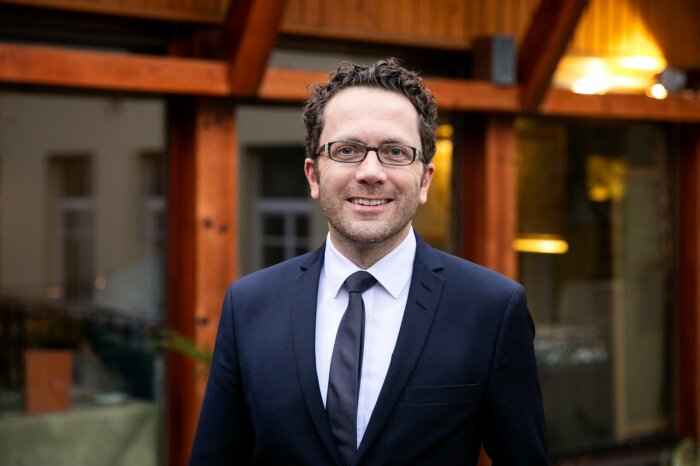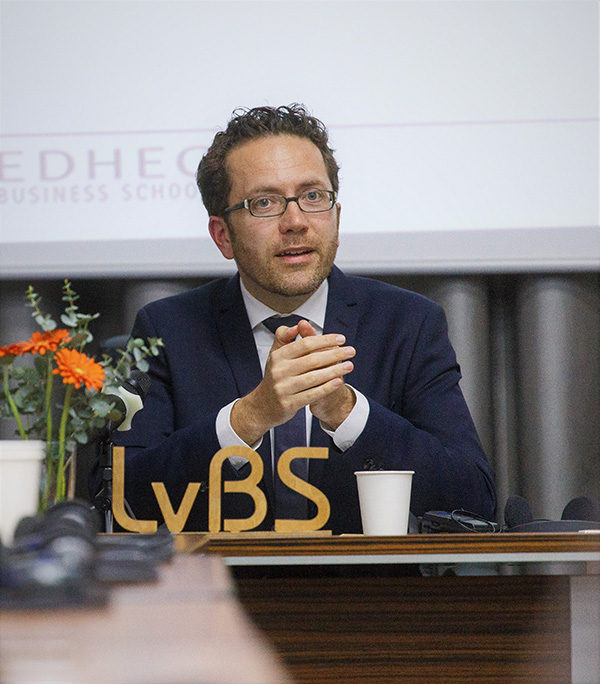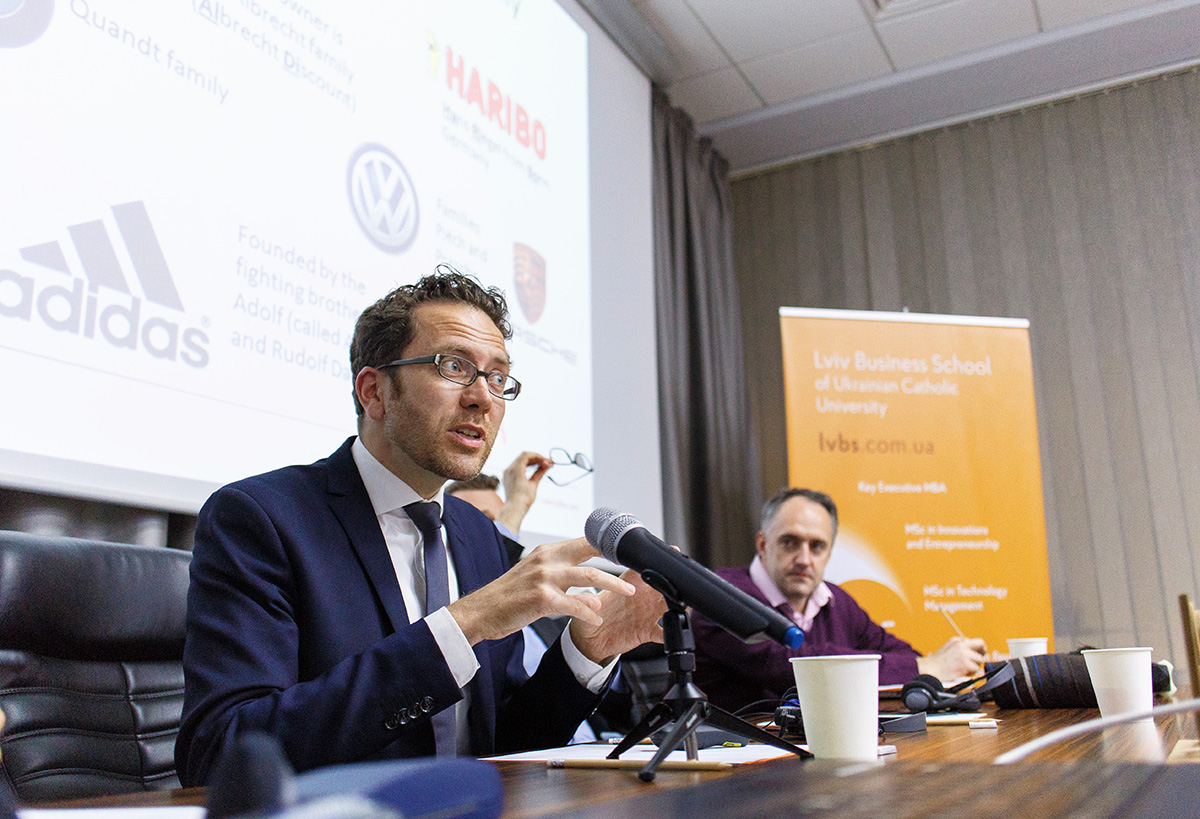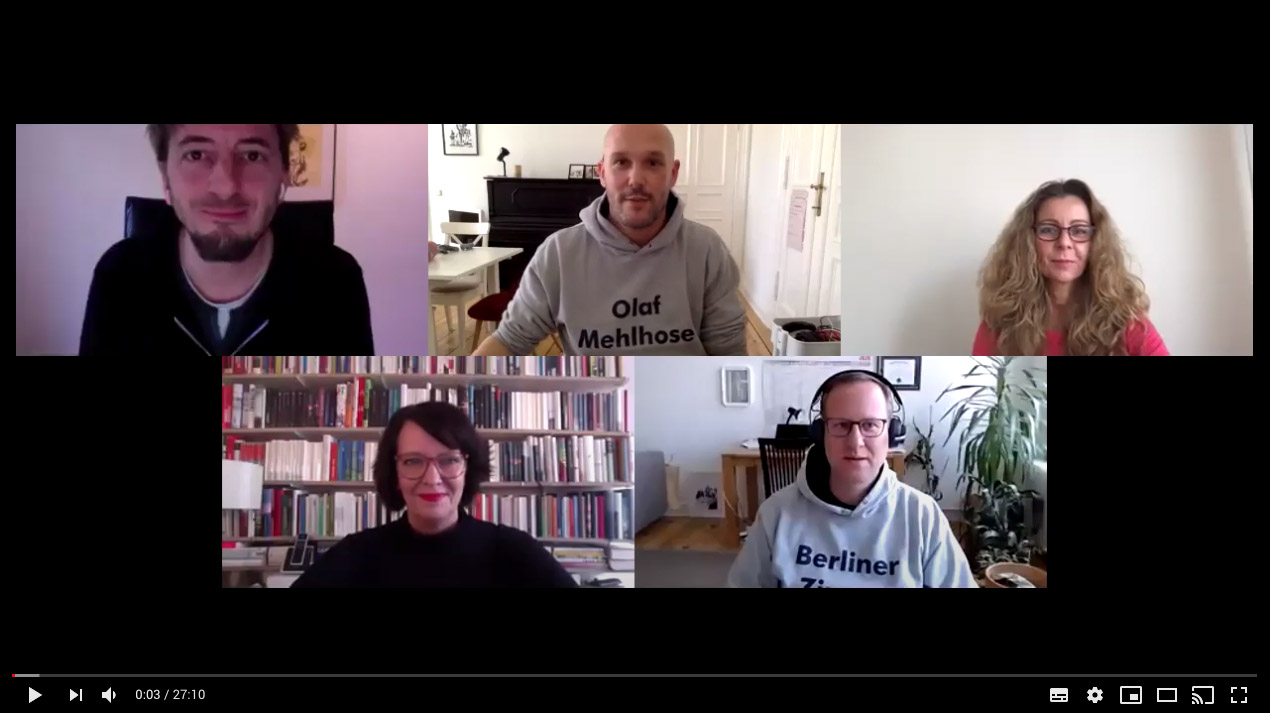Back to the entrepreneurial spirit: Do you recognise the spirit described above in freelancers too? Is freelancing a necessary intermediate step to entrepreneurship?
The desire to become self-employed, to try out and realise one’s own ideas, to take on responsibility and to organise one’s own work – these are all potential motivating factors that can be found among company founders and also among the self-employed.
The USA is considered a country with a strong entrepreneurial spirit. What can we learn from them?
Well, the Germans are no strangers to entrepreneurship. There were and are many great entrepreneurs in this country. But they are much less likely to present their achievements in public in a pompous way. In the Anglo-Saxon cultural area, on the other hand, and especially in the USA, the entrepreneurs are the superstars. Showcased entrepreneurship and the spirit of entrepreneurship are very much appreciated; every child knows famous entrepreneurs such as Steve Jobs, Elon Musk, Bill Gates or Jeff Bezos. They are role models to be followed. As a result, business start-ups are already popular in college.
In Germany, on the other hand, famous founders are far less well known among schoolchildren and they don’t have that rock star status as in the USA. Traditionally, financially successful entrepreneurs are viewed with suspicion by public opinion. In the USA, success is less met with reflex envy and more often with admiration. But I think I can see that something has changed in recent years. The trend towards new self-employment is slowly spilling over from the US, as evidenced not least by the success of television formats such as “The Lion’s Den”, in which founders vie for funding for their start-up ideas. Start-ups are becoming “cool” again – something that is economically and politically desired. However, there is a danger that the corona crisis, with problems for many small and micro-entrepreneurs, will reverse this trend.
Does Germany need a culture of failure?
In Germany, and especially in France, failure as a founder and insolvency is seen as personal failure. The entrepreneur has to cope with the stigma of failure and is quickly considered “burned” by investors and banks. In the USA, failures and setbacks are dealt with differently. There, failure is seen more as part of entrepreneurship. There are many examples of successful entrepreneurs who first failed, but then quickly got a second chance. Risk, but also creditor protection, is seen differently there. Ultimately, it is difficult to judge what is better. Perhaps German founders and investors are more careful and cautious in their risk assessment. This may lead to fewer capital misjudgments – but it also leads to missed opportunities and innovations.
Fabian Bernhard on linkedin














